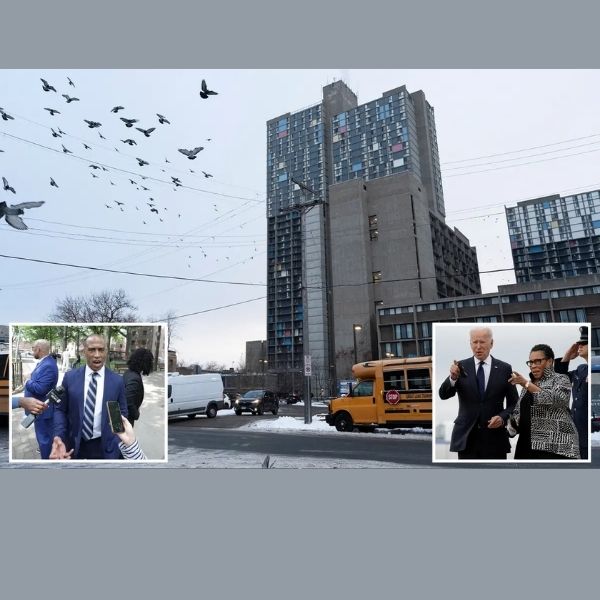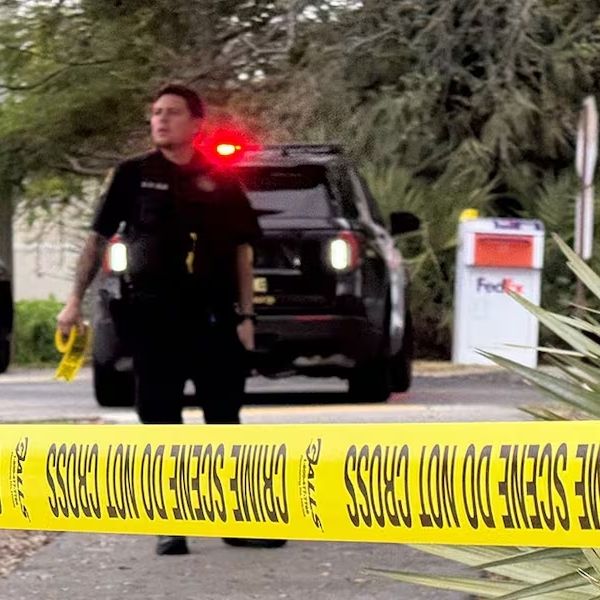CHICAGO, Ill. (WTVO) — Illinois has cleared nearly $430 million in medical debt for residents during the first year of its statewide relief program, state officials announced.
Launched in 2024, the Illinois Medical Debt Relief Program has helped about 357,800 people in all 102 counties.
“Too many working families are facing real financial uncertainty and higher healthcare costs at the hands of the Trump Administration. Illinois will keep stepping up to ensure the most vulnerable Illinoisans can focus on their health and their families—not on crushing medical debt,” Gov. JB Pritzker said in a press release. “The Illinois Medical Debt Relief Program is a critical tool we created to expand healthcare access and affordability and is a strong return on investment for the State that maintains our fiscal footing.”
The program supports residents with household incomes at or below 400% of the federal poverty level or those whose medical debt represents at least 5% of their annual income. Eligible residents don’t have to apply; qualifying debts are purchased and forgiven through partnerships with hospitals and the nonprofit Undue Medical Debt. Households receive notification by mail once their debt is erased.
State data shows the average amount forgiven per person was around $1,100, with some cases reaching $300,000. Several counties saw more than 5% of residents benefit, including Massac County, where nearly 18% received relief. Larger counties such as Will, Kane, and Winnebago also had high participation.
Officials say every dollar invested in the program eliminates more than $150 in medical debt. So far, Illinois has spent about $2.8 million to cancel $430 million in outstanding bills. The FY26 state budget includes $15 million to continue the initiative, which aims to erase $1 billion in medical debt over several years.
Medical debt remains a major cause of bankruptcy in the United States, and Illinois is among the first states to roll out a statewide debt relief effort. The program is designed to ease financial pressure and improve access to healthcare for residents struggling with medical bills.
















Leave a Reply